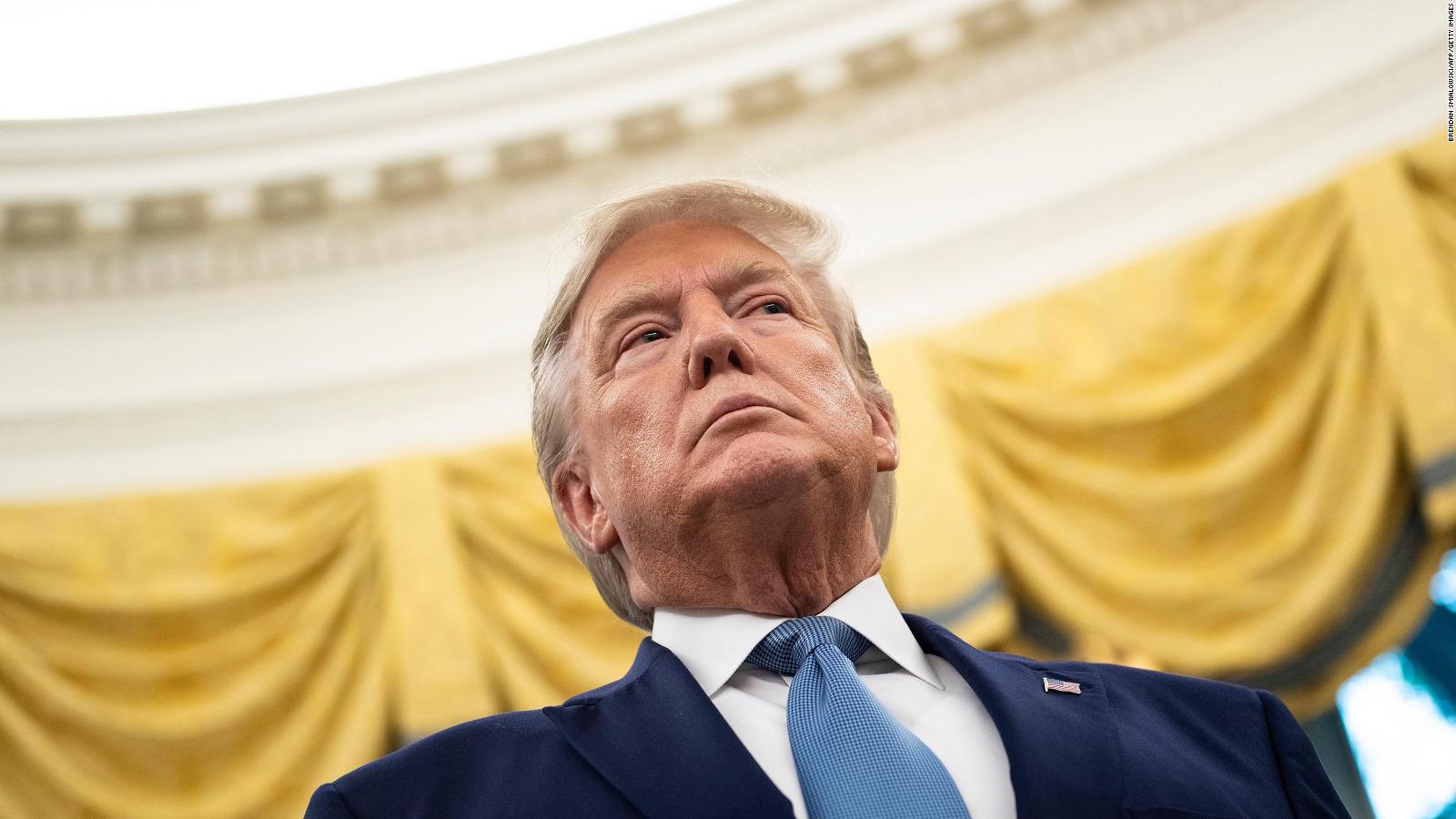As commander in chief he has excelled in The Art of Creating a Crisis.
Exhibit A is the unfolding debacle in Turkey, where an invasion of Syria by the Turks -- green-lighted, in effect, by President Trump -- is exposing America's Kurdish allies to the wrath of the second-largest military in NATO.
This came after a call Sunday between Trump and Turkish President Recep Tayyip Erdogan, in which Trump said he would be pulling American forces out of northeastern Syria. Their presence there was effectively preventing a Turkish invasion.
Trump tweeted "it is time for us to get out of these ridiculous Endless Wars, many of them tribal, and bring our soldiers home."
Then he shifted gears, threatening on Twitter to "obliterate" the Turkish economy if the Turks did "anything that I, in my great and unmatched wisdom, consider to be off limits."
The United States doesn't generally threaten longtime NATO allies in this manner.
Trump has taken us here before: He abruptly ordered all US troops out of Syria in December and then changed his mind when his advisers pointed out that this benefited a quartet of American adversaries: ISIS, Iran, Russia and the Syrian dictator Bashar al-Assad.
As I wrote Monday in this space, can anyone make sense of President Trump's Syria policy, other than Donald Trump?
But the fact is, Trump's Syria policy is of a piece with his approach to other key national security challenges that he has made worse by his consistently inconsistent foreign policy.
On Iran, Trump pulled out of the nuclear agreement that was widely verified as working, and ramped up draconian sanctions on the Iranians. Then the Trump administration offered to negotiate with the Iranian regime without preconditions.
After Iran shot down a US drone in June, Trump authorized a military strike against Iranian targets that he called off at the very last moment.
When key oil facilities in Saudi Arabia were attacked last month, Trump tweeted that the United States was "locked and loaded depending on verification" of "the culprit." He appears to have done nothing in response, despite the fact that his own administration, as well the British, French and Germans, have all plausibly identified Iran as the author of the attack.
Can anyone make sense of President Trump's Iran policy, other than Donald Trump?
Trump ordered the surge of thousands more troops into Afghanistan in 2017, saying there would be no set timeline for their withdrawal. Two years later, he authorized negotiations with the Taliban that might have withdrawn all American troops from the country by 2020.
And then Trump abruptly canceled a meeting last month with Taliban leaders at Camp David and pronounced that the negotiations with the Taliban were "dead."
Can anyone make sense of President Trump's Afghanistan policy, other than Donald Trump?
Trump famously threated the North Koreans with "fire and fury" and then extolled his "love" for their dictator, Kim Jong Un. Trump also claimed that the nuclear threat from North Korea was "over" while at the same time downplaying its continued testing of ballistic missiles.
Trump's national security adviser, John Bolton, who was pushed out of the White House last month, subsequently told an audience in Washington that North Korea had no intention of abandoning its nuclear weapons.
Can anyone make sense of President Trump's North Korea policy, other than Donald Trump?
Trump's posturing back and forth might work in a Manhattan real estate deal, but when it comes to his role as commander in chief American allies are left befuddled, not knowing where the United States stands on any given issue. And America's enemies, who have pegged Trump as a bloviating bully who rarely makes good on his threats, take comfort.
During his presidential campaign, Trump claimed that "We're going to win so much, you're going to be so sick and tired of winning."
If this is what winning looks like, I'd hate to see losing.
Bagikan Berita Ini















0 Response to "This commander in chief is clueless"
Post a Comment